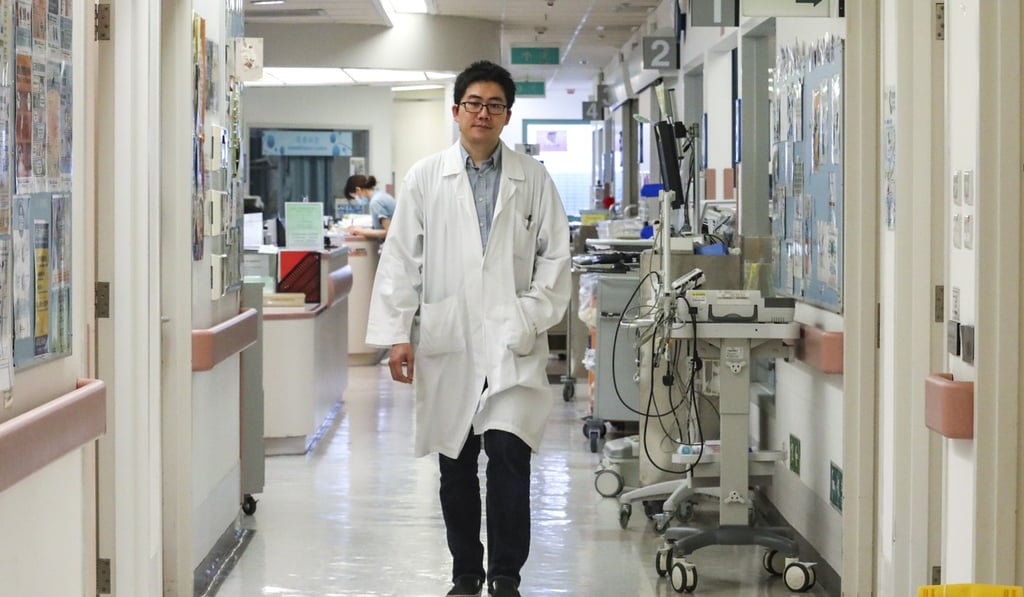From security guards to doctors, Hong Kong’s overworking culture is a symptom of deeper social ills that may explode if left unchecked
- Manpower crunch in sectors, a culture of sucking up to superiors for rewards and exploitation of flexible workforce among causes
- Unions urge better overtime compensation and legislation on standard working hours

Sixteen years into his career, the early memories of a horrible experience in which he worked for 60 hours on end are still fresh in the mind of Hong Kong doctor James Fung Tak-kwan.
Fung, 40, a general surgeon at Pok Oi Hospital in Yuen Long, says he was once put on two consecutive overnight on-call duties when interning at a local hospital, with each lasting more than 30 hours. He saw more than 100 patients in this span, and was eventually overwhelmed by fatigue.
“I couldn’t function well, and basically I could only copy what other doctors did,” he says. “Looking back, it was dangerous. It was not a humane working condition.”
After working for more than 60 hours straight, Fung took a three-hour nap before getting up to study for his exams, as competition among medical students was fierce.

Fung is not alone in suffering from overwork in Hong Kong, which, according to a 2016 study by financial services firm UBS, had the longest working hours among 71 world cities surveyed.
The trend affects not only professionals but also those in manual labour and blue-collar jobs, with experts citing unfair employer-worker dynamics, an unhealthy culture and inadequate legislation as reasons for its perpetuation.